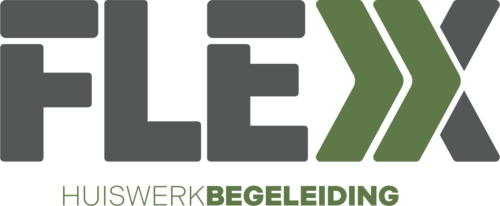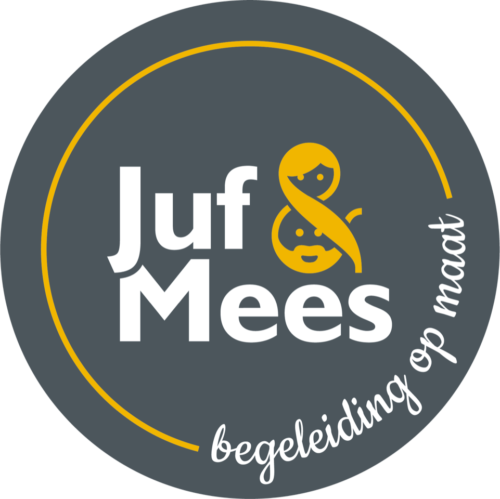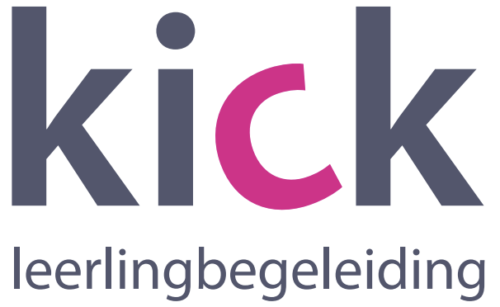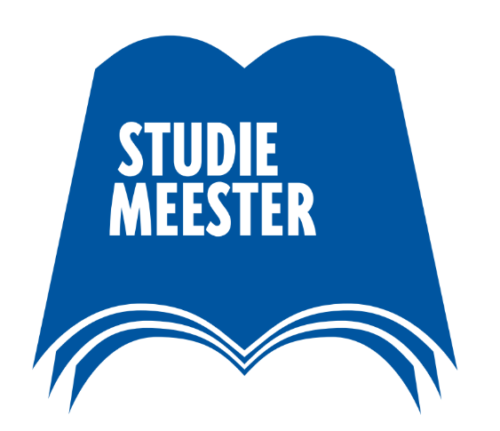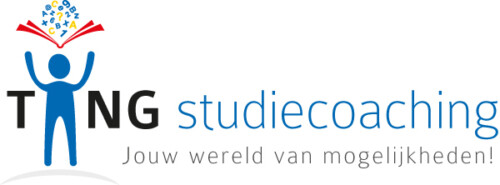Haal hogere cijfers voor jouw toetsen
Oefentoetsen voor klas 1 t/m 6 van vmbo-t t/m gymnasium.


Oefentoetsen voor alle vakken
De oefentoetsen op onze online leeromgeving sluiten direct aan bij jouw lesmethode en leerjaar.
Voorbeeldtoetsen
Onze kwalitatieve toetsen sluiten precies aan op jouw hoofdstuk en zijn ontwikkeld door echte vakdocenten. Inclusief heldere uitwerkingen en leertips!



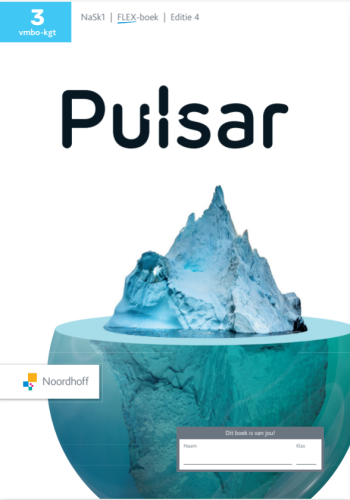
Waarom ToetsMij?
Geen verrassingen meer op de toets
Zoveel leerlingen hebben geen idee wat er van hen verwacht wordt op de toets. Regelmatig roepen ze na de toets: "De toets was veel moeilijker!" Of: "Het werd heel anders gevraagd."
We steken vaak veel tijd in het uit ons hoofd leren van de stof, maar beheers je het ook?
Bij ToetsMij zie je direct welke vragen je kunt verwachten op jouw toets en oefen je deze vaardigheden aan de hand van kwalitatieve oefentoetsen. Resultaat: geen verrassingen meer op de toets!


Waarom ToetsMij?
Aansluitend op jouw lesboeken
Al onze oefentoetsen zijn precies gebaseerd op jouw leerjaar, jouw lesboek, jouw niveau en jouw hoofdstuk. Elke toets sluit dus precies aan op jouw stof!
Sterker nog: onze oefentoetsen worden gemaakt door toetsexperts die bekend zijn met de lesmethode en weten hoe er op school getoetst wordt.
Waarom ToetsMij?
Stapsgewijze uitwerkingen
Het ontbreken van antwoorden is verleden tijd! Maar dat niet alleen: elke vraag bevat een duidelijke, stapsgewijze, uitwerking zodat jij precies begrijpt hoe een antwoord tot stand komt.



Dit zeggen leerlingen en ouders
Cijfers omhoog
Onze zoon had in februari zeker 12 minpunten. Hij is gestart met oefenen via Toets mij en heeft een geweldige eindsprint getrokken en afgelopen week bijna het onmogelijke waargemaakt. Er zijn nog maar 2 minpunten over en nog niet alle toetsen zijn terug. Het heeft onze zoon enorm geholpen, omdat er breed getoetst wordt en de vraagstelling, zoals van hem begrepen, overeenkomt met de toets. Als je de oefentoetsen goed kunt maken, beheers je de stof echt goed!
Fijn dat leerlingen alvast een keer een toets kunnen oefenen die eruit ziet zoals op school.
Wij hebben sinds kort Toetsmij, omdat onze dochter het erg lastig heeft met Wiskunde. Op deze manier kan ze het hoofdstuk oefenen met een toets die qua vraagstelling overeenkomt met de toetsen op school. Nu kan ze dit dus eerst oefenen voordat ze de echte toets moet doen. Als docent Engels die werkt met Of Course en All Right kan ik bevestigen dat de toetsen grotendeels overeenkomen met de vraagwijze van de methode zelf. Dat is dus heel fijn voor leerlingen om te oefenen. We hadden heel even een dingetje met het nakijken, want de uitwerkingen werden niet goed weergegeven. Even een mailtje en binnen een dag reactie en ICT ging meteen aan de slag met het herstellen van de uitwerkingen. Super contact, goede dienstverlening! Aanrader!
Zéér tevreden!!
Lid geworden voor mijn zoon in leerjaar 1 van (toen 13) inmiddels 15. Hij zit nu in leerjaar 3 HAVO. Elk boek is makkelijk te vinden en alsmede mailt met een probleem omdat hij Duits krijgt uit een boek van leerjaar 2 word dit zelfs op zondag binnen een half uur opgelost en toegevoegd aan ons account! Zo’n toffe service zie je niet vaak meer! Dus wij zijn zéér tevreden. Sinds we het nu weer gebruiken (tijdje niet gebruikt) scoort hij weer voldoendes en zelf voor wiskunde een 8.8!
Zoek in meer dan 10.000 toetsen
Echte toetsvragen, precies aansluitend op jouw lesmethode en leerjaar. Voor klas 1 t/m 6 van vmbo-t t/m gymnasium.











